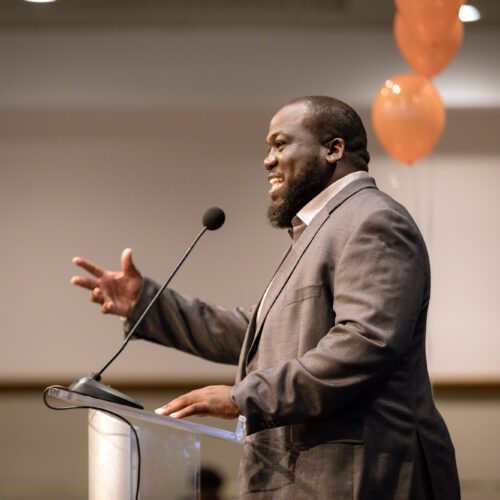Under pressure from the national campaign to #DoublePell, Congress passed an omnibus spending bill in March 2022 featuring a 6.2% increase to the maximum Pell Grant. PeerForward is among a growing number of organizations around the country that have joined the Double Pell Alliance in calling for an 100% increase to the maximum Pell Grant by the Pell program’s 50th anniversary in June 2022.
While Congress’ actions mark a step forward, they fall drastically short of the funds needed to restore the Grant’s original purchasing power. The measure is also a scaled-down version of the 8.5% increase proposed in Biden’s original Build Back Better plan, which stalled in the Senate.
The change, which will take effect in the 2022-23 academic year, brings the maximum grant from $6,495 to $6,895. Congress also upped the minimum award from $650 to $692, an increase of 6.5%. Additionally, the bill includes increased funding for HBCUs, where over 75% of students qualify for Pell Grants.
Biden still aims to double the Pell Grant eventually, according to Education Secretary Miguel Cardona. However, a more ambitious bill will have to make it through a divided Congress.
PeerForward continues to call on Congress to double the maximum Pell Grant. Since Pell’s inception 50 years ago, its coverage of the average cost of college attendance has fallen from 75% to 28%. A 6.2% increase will do little to put affordable postsecondary education within reach of America’s most vulnerable students, especially as prolonged periods of virtual learning have left students in high-poverty schools even further behind than their higher-income peers. A federal investment in the educational future of students from low-income backgrounds is more important than ever.
Sources:
Congress Increases Pell Grant Financial Aid for College Students | BestColleges
REVISED 2022-2023 Federal Pell Grant Payment and Disbursement Schedules | Knowledge Center
Biden Signs Major Spending Bill That Includes $400 Increase for Pell Grants (acenet.edu)
About HBCUs – Thurgood Marshall College Fund (tmcf.org)
Virtual learning set poor children even further behind, study shows – The Washington Post











